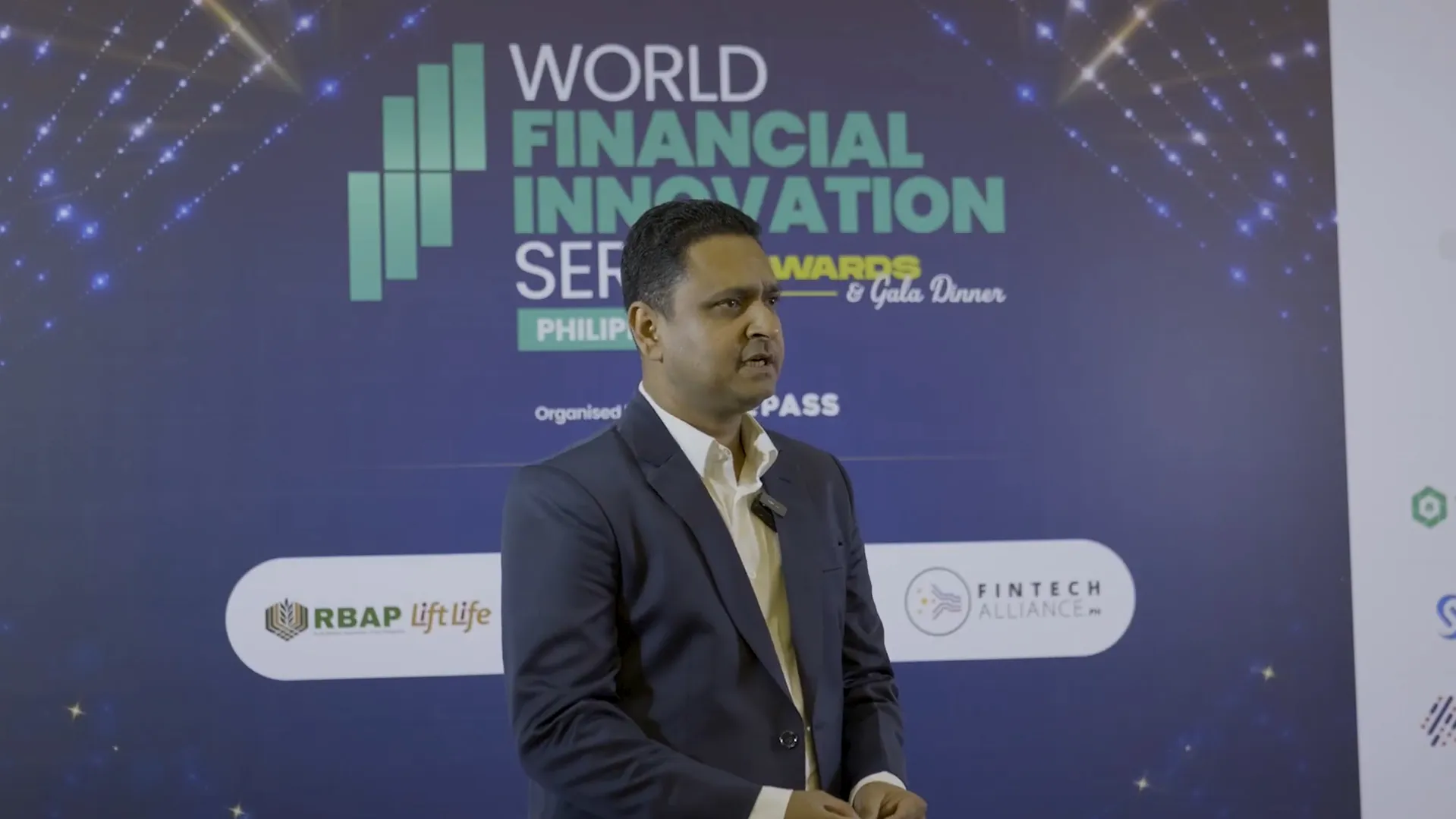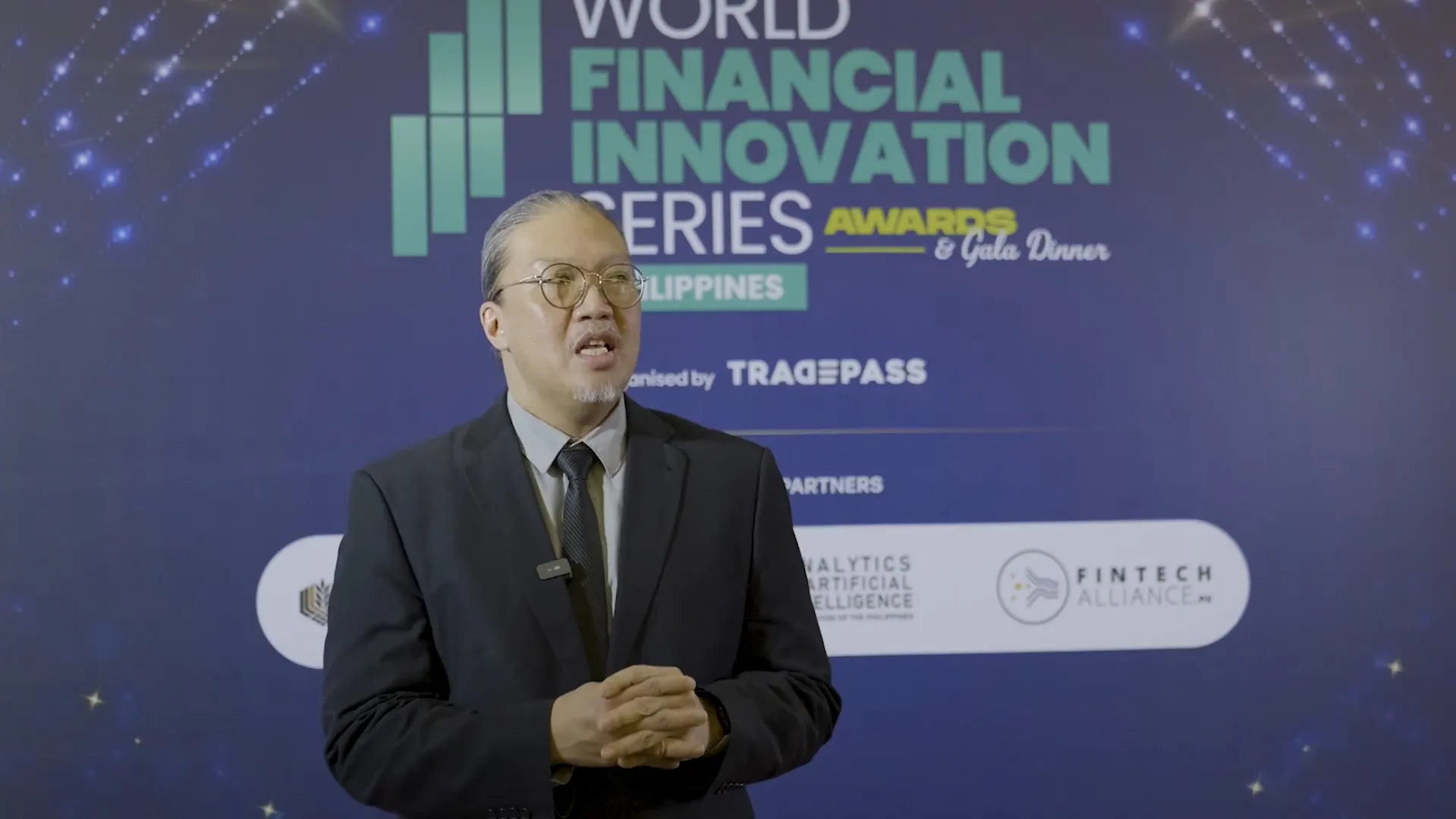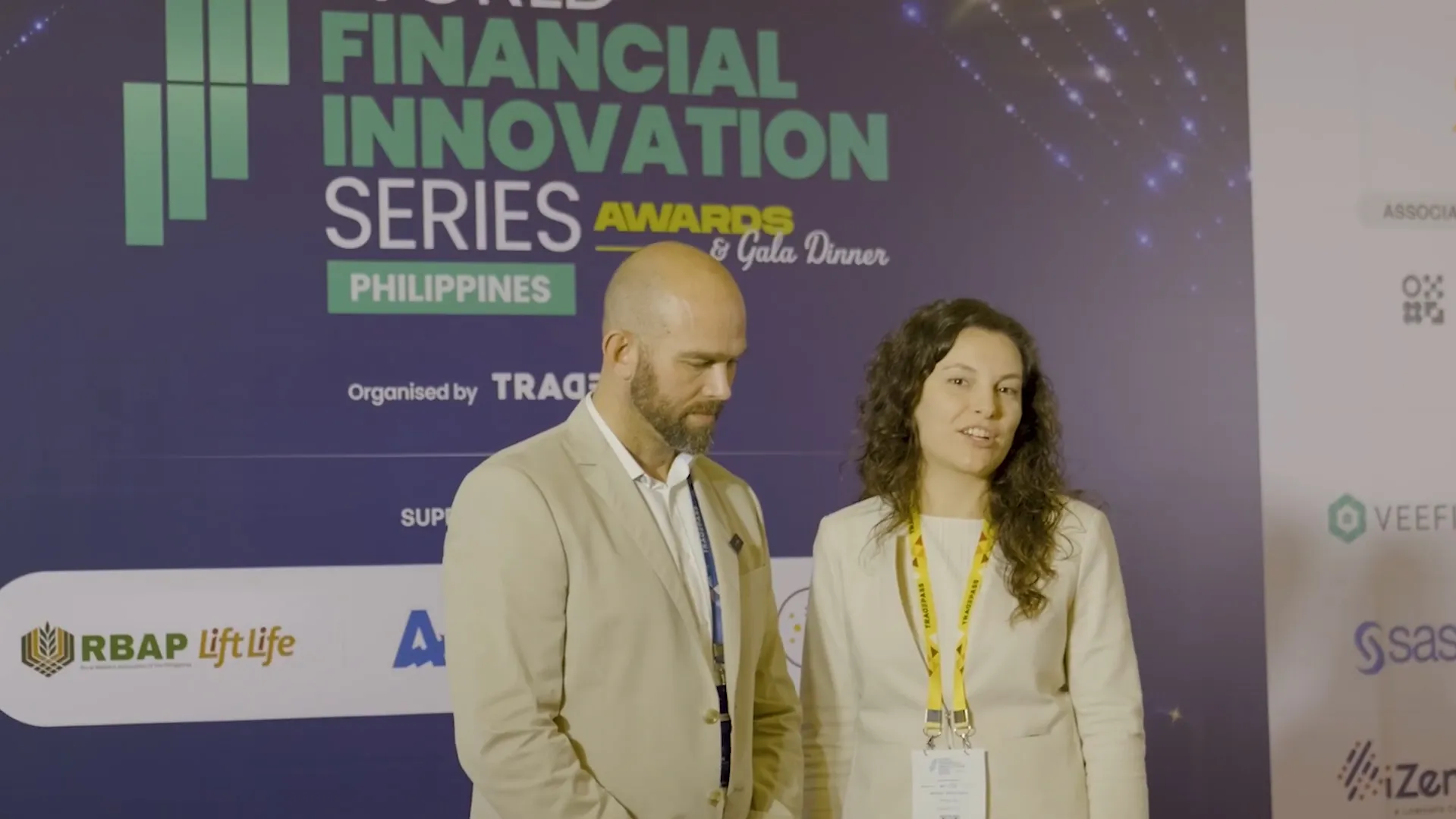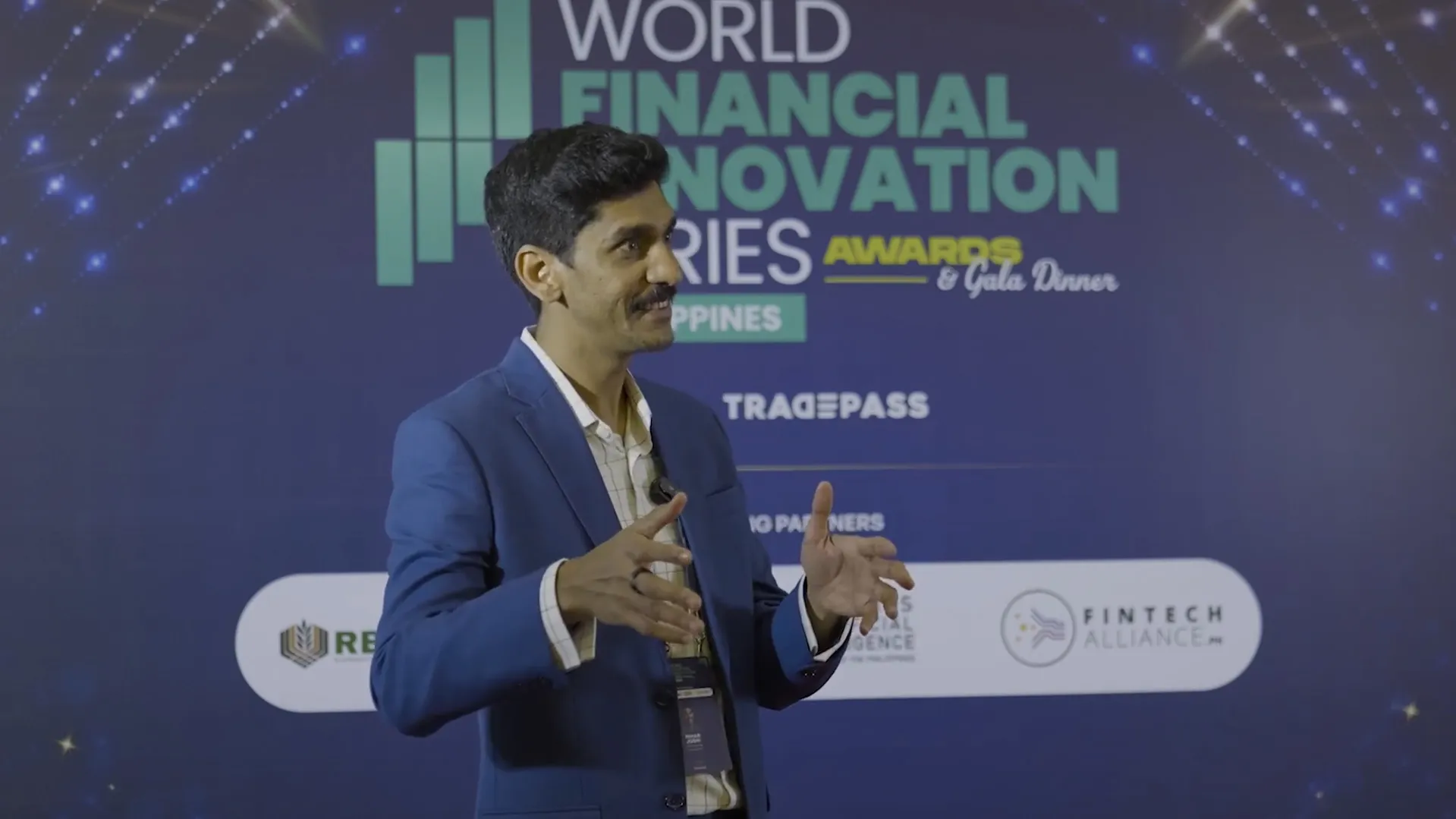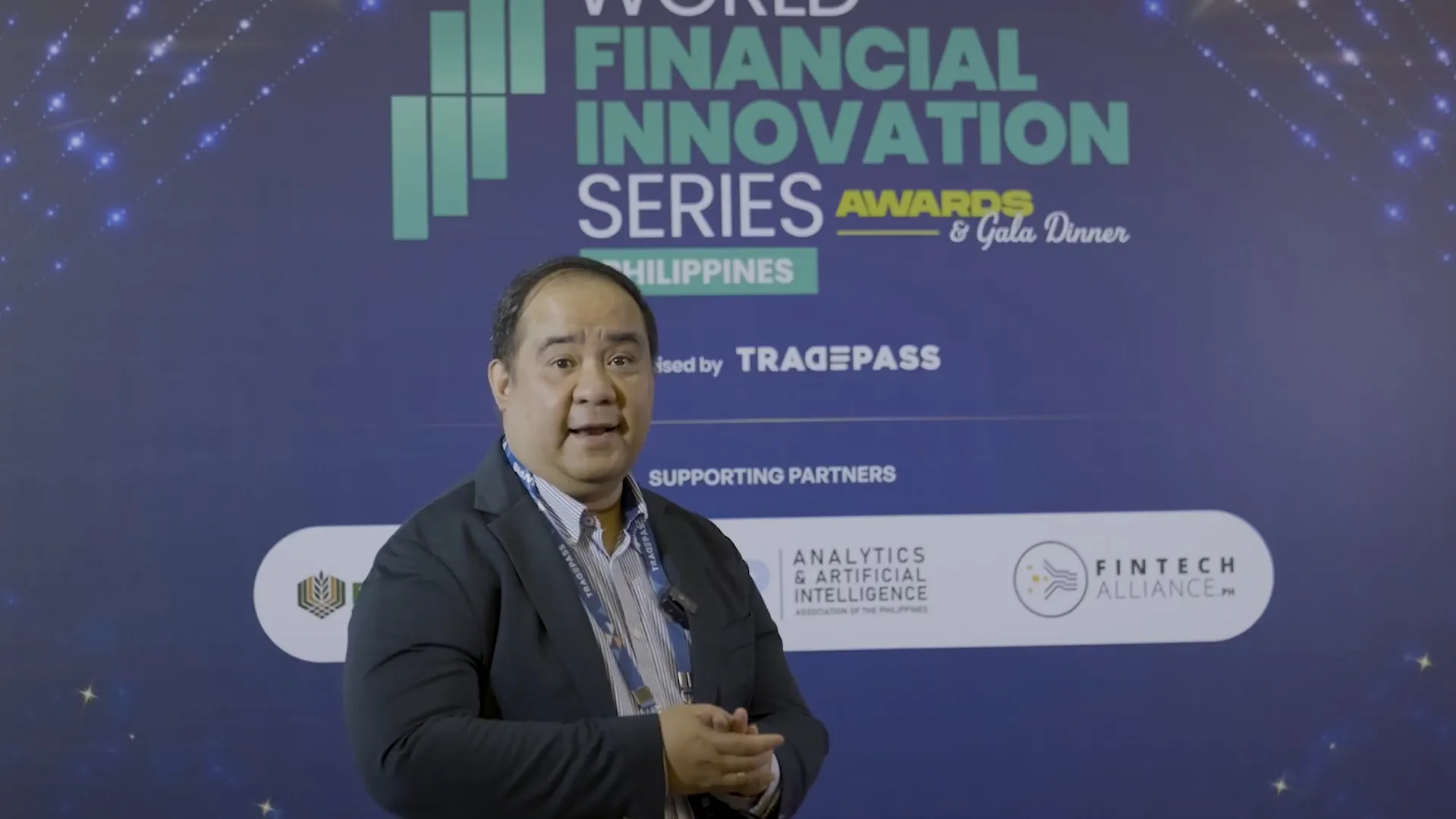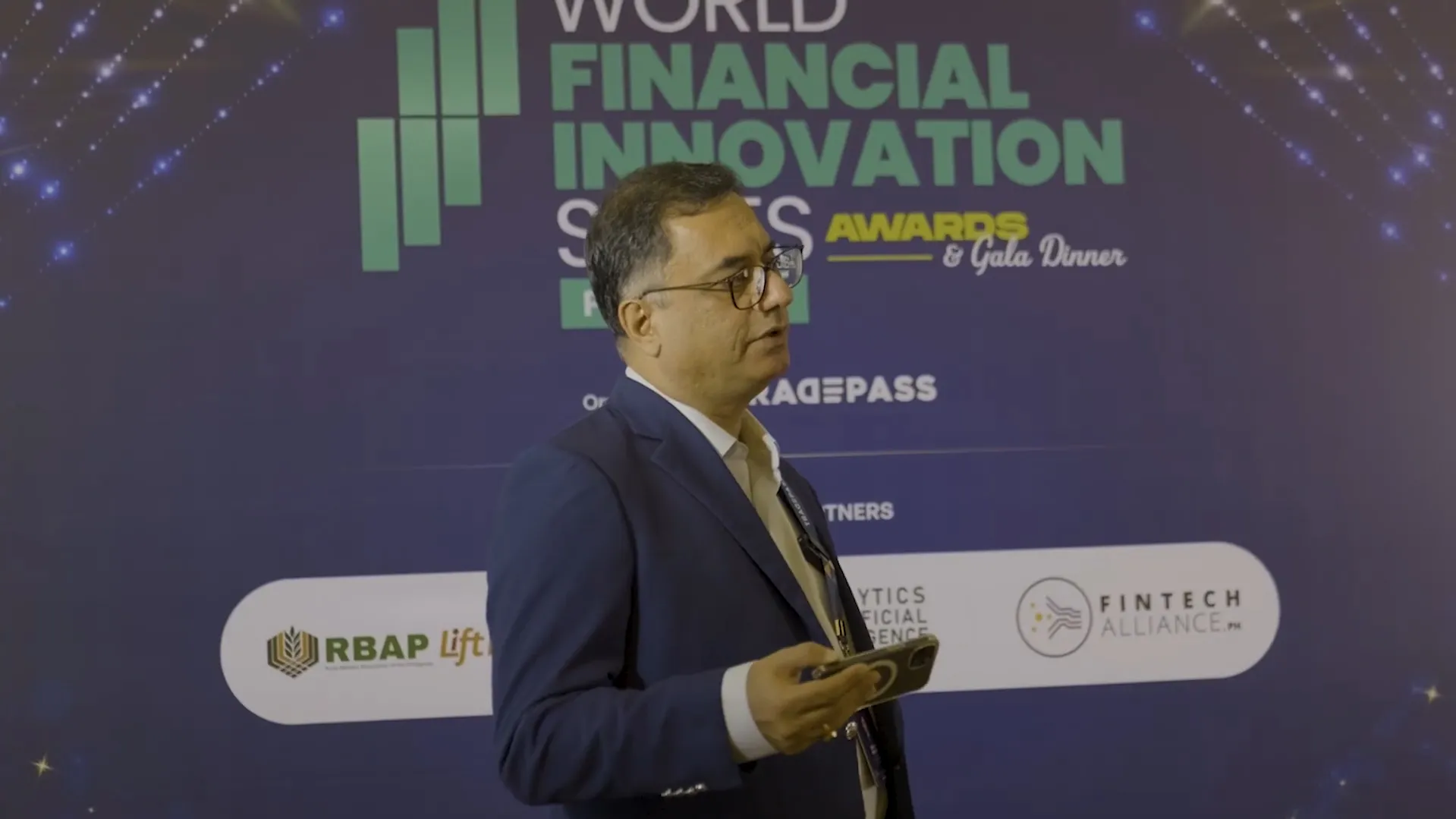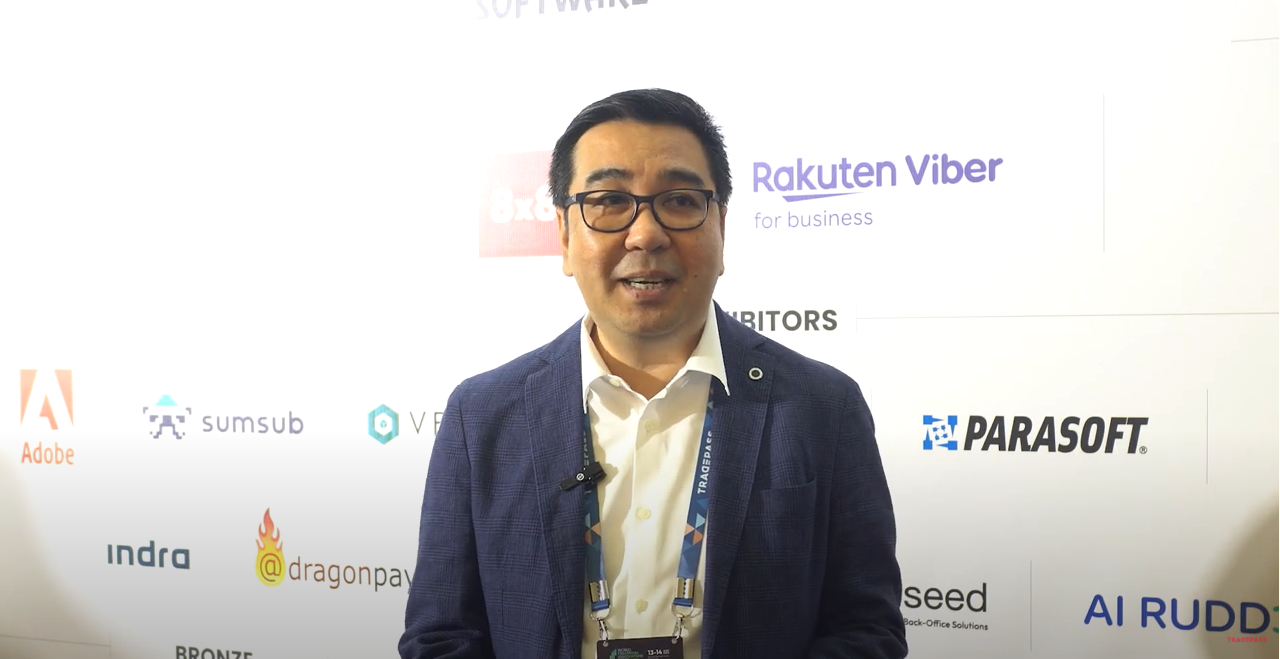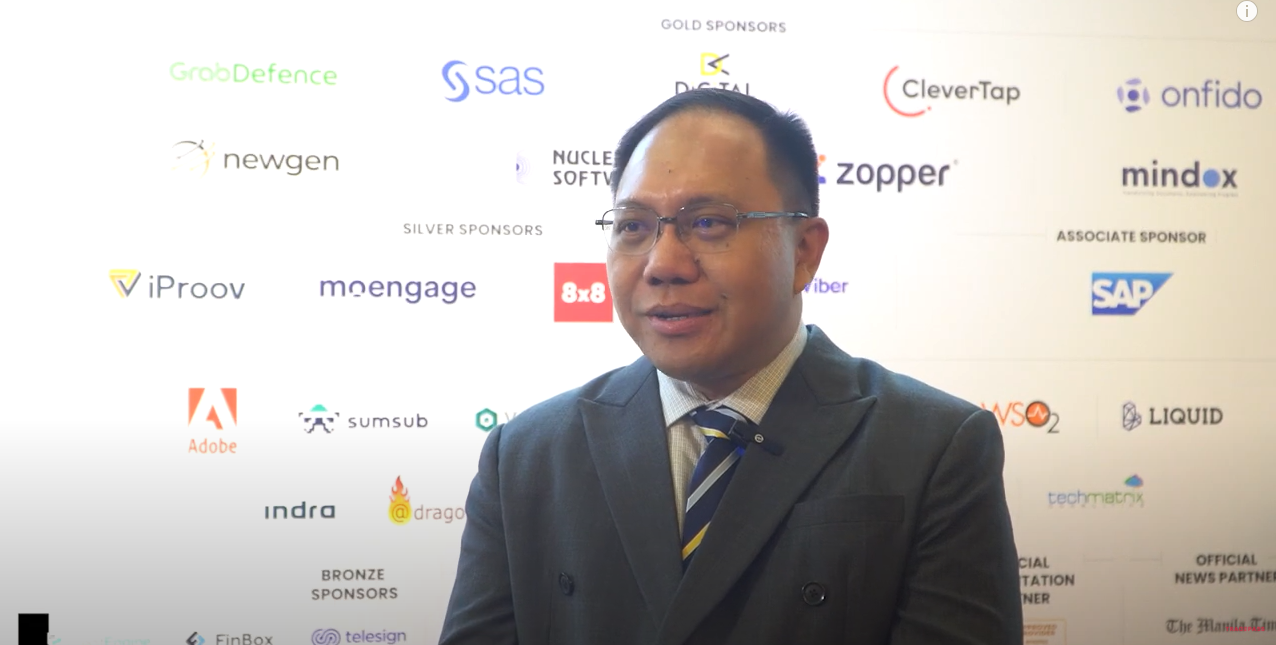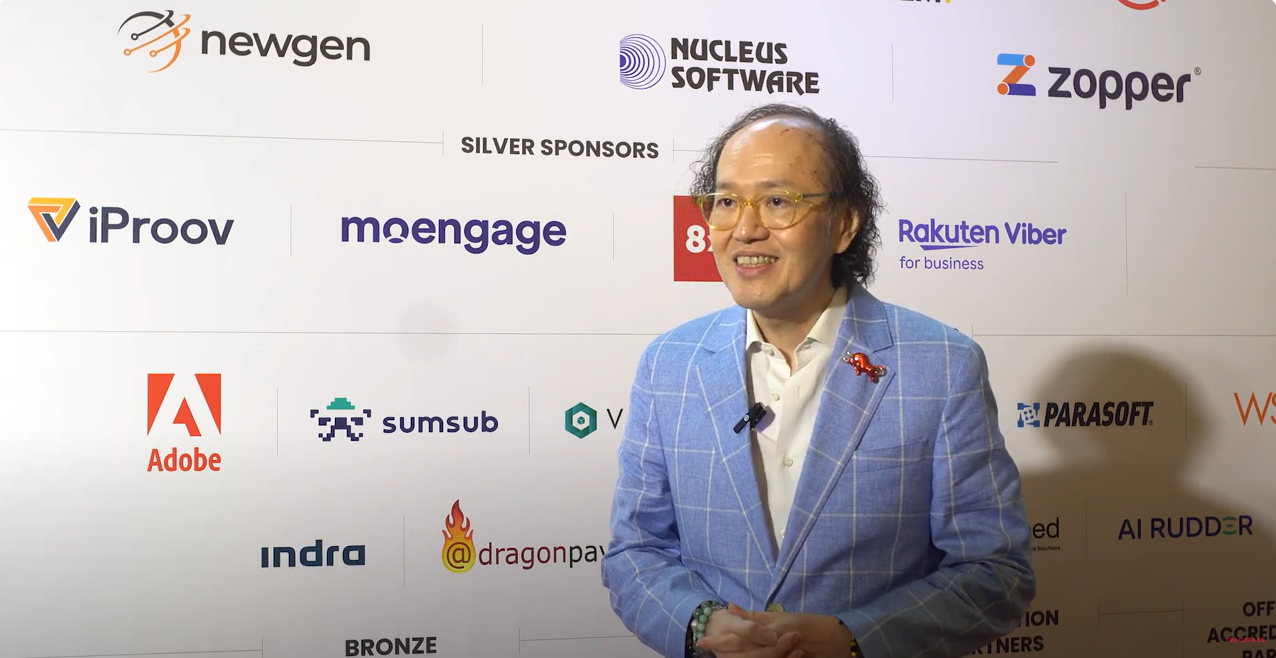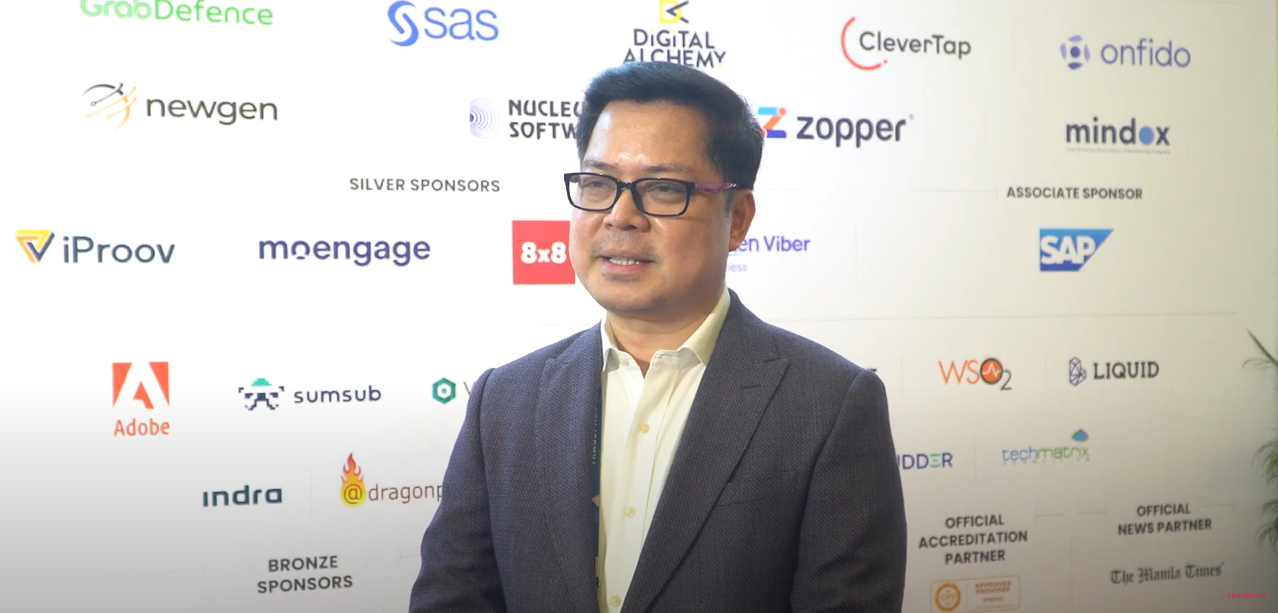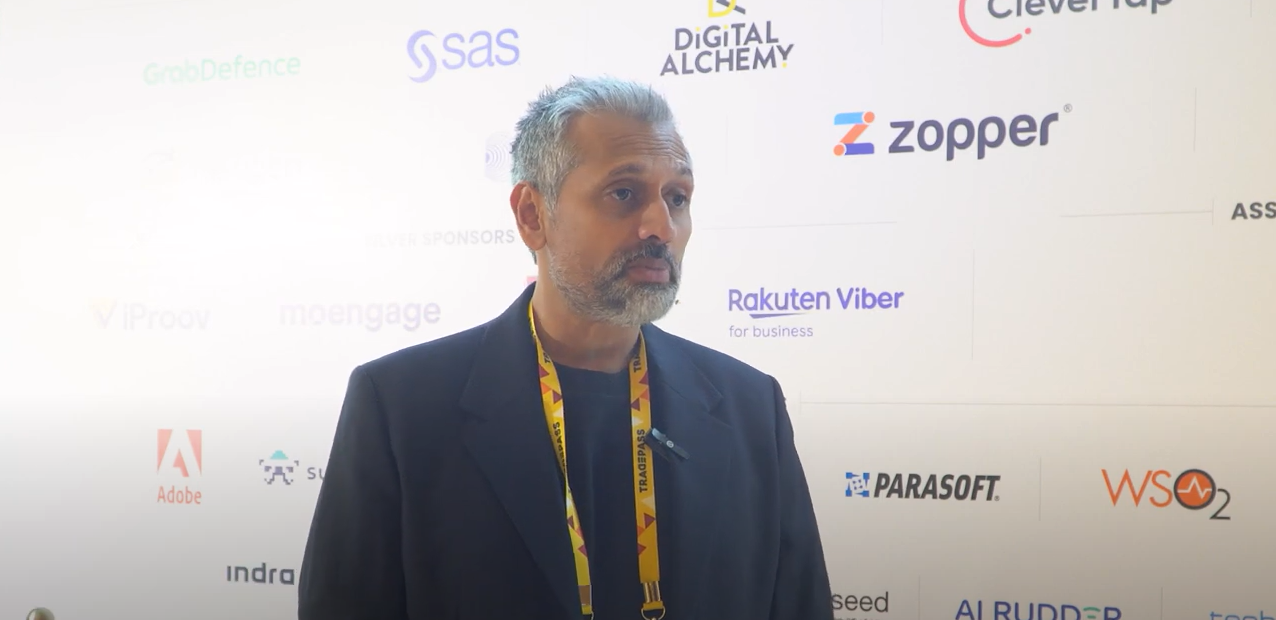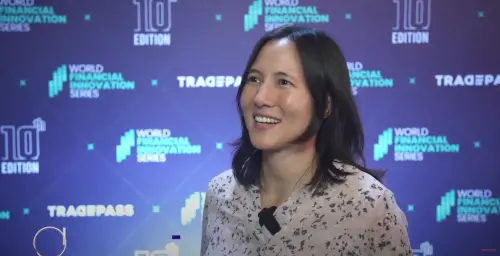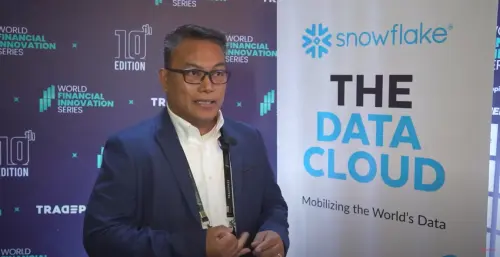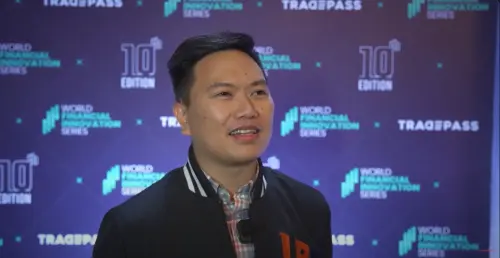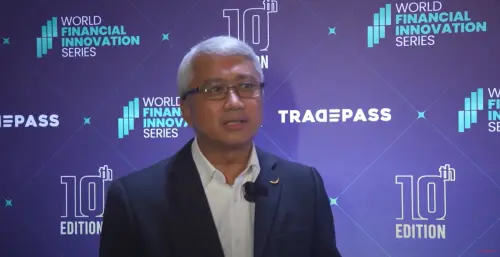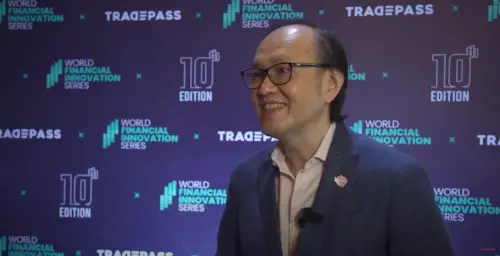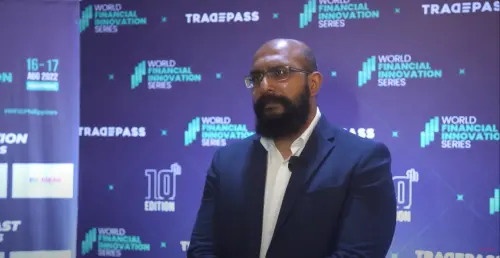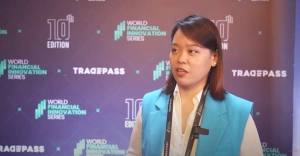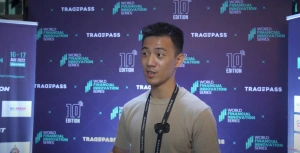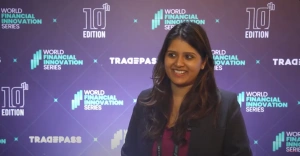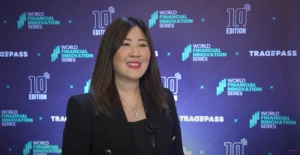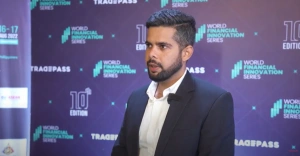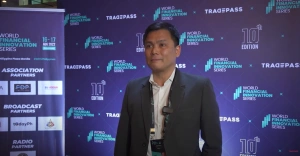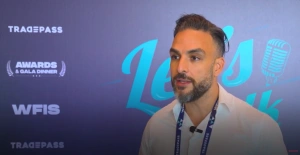SPONSOR ENQUIRY
DELEGATE ENQUIRY
Philippines intensifies fintech innovations, receives strong regulatory support
The financial services sector in the Philippines is geared up for incredible transformations with the motivated upswing in fintech innovations, which are aimed at getting the country closer to financial inclusion.
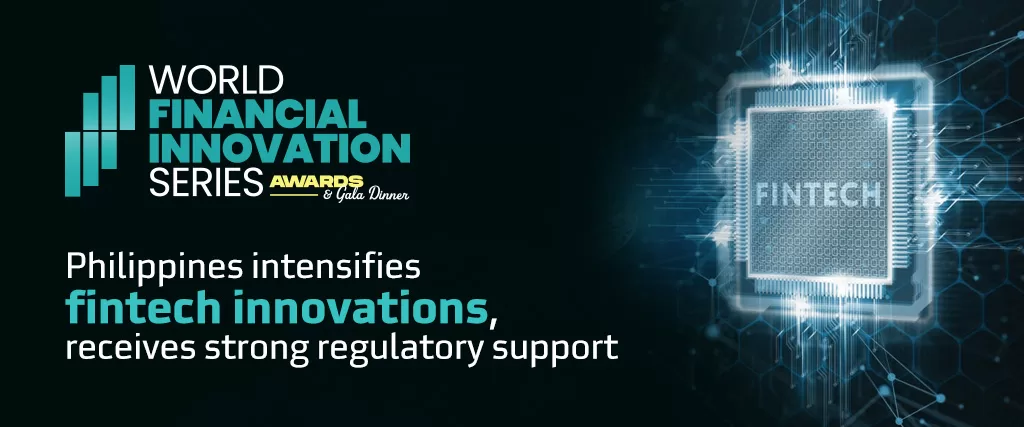
Despite being one of ASEAN’s fastest growing economies, the country still houses an enormous underbanked population. One of the primary hurdles has been limited banking-related information among the masses.
As per reports, 45 percent of the unbanked population in the Philippines believe that statutory balance requirements would prevent them from opening an account. However, the fact of the matter is that mandatory balance requirements have long been removed and numerous Filipino banks offer accounts with no minimum balance.
Although, overemphasized in the public imagination, the lack of relevant documents has been the second biggest obstacle as 40 percent of Filipinos believe they don’t have adequate documentation.
Lastly, there’s also a small chunk of the unbanked population (15%) whose lack of trust in the financial system is preventing them from opening an account, also anticipated as a massive roadblock for the expansion of retail banking in the lower-income households & SMEs.
While digital offerings can enhance financial access in the country, Philippines’ traditional banks have so far underinvested in digital technologies and haven’t even allocated 10 percent of their revenues to IT, lesser than their APAC counterparts who devote about 15 percent. It comes as no surprise that digital mediums comprise only 5 to 15 percent of their revenue.
But with the rise of unprecedented fintech innovations in the Philippines, the situation is set to witness rampant changes. Acknowledging their crucial nature for achieving financial inclusion, the regulators are laying the necessary foundation for digital financial services. The financial center of the Philippines, Bangko Sentral ng Pilipinas (BSP) which is also the regulatory body for the sector has introduced new digital banking licenses alongside establishing real-time payments system and a standardized QR network.
As a direct consequence, Philippines which is also one of the largest greenfield markets is witnessing a highly progressive moment, wherein there’s an evident surge in digital start-ups, incumbent banks are pumping money to add more digital offerings, and foreign banks & fintech service providers are rushing to expand their presence in the country.
Owing to these situations, the Filipino bankable population is forecasted to increase from 65 million in 2022 to 85 million by 2030. The increasingly affluent, tech-savvy consumer base is said to raise a massive demand for user-friendly financial services, leading to a continuous rise in mobile payment platforms, the likes of which include e-wallets, digital apps, etc.
What industry experts have to say:
With a poised digital financial services sector that’s being powered by favourable regulatory environment and a growing tech savvy population, the early entrants are more likely to gain an initial advantage while latecomers will find it tough to make an impact in an increasingly congested market. Furthermore, an established global enterprise with market-tested offerings holds the best chance to grab the leading position in high-value segments as the competition from existing competitors would be far less compared to other mature markets.
Lastly, for a global enterprise, collaborating with an incumbent financial institution can provide exclusive market information alongside providing a great opportunity to the incumbent to enhance its services while leveraging the expertise of the global player.
CONCLUSION:
Incumbent banks in the Philippines are still lagging when it comes to incorporating fintech innovations, as their key focus has mostly been on developing mobile apps for their existing clientele and digitizing legacy processes. But the fresh fintech wave is pushing the overall banking sector to expedite their digital transformations. For instance, one of the biggest Filipino banks, BPI, has launched the Vybe e-wallet on its mobile app. Just like GCash and Maya, Vybe offers many similar services, and its launch also goes to show the highly competitive environment between traditional banks and existing fintech service providers.
To impart the latest information concerning fintech innovations, the foremost financial sector event in the Philippines, World Financial Innovation Series (WFIS) is coming on 13 – 14 August 2024 at the Manila Marriott Hotel.
Related Posts

